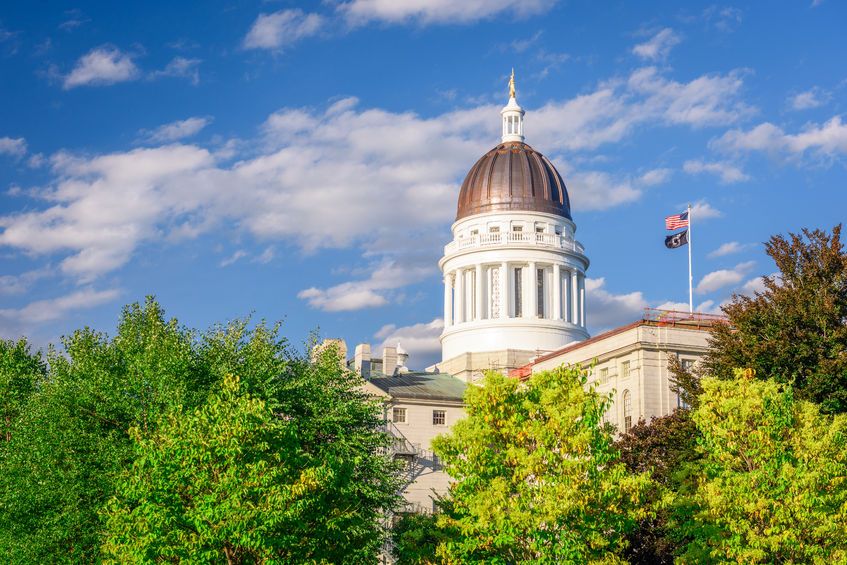The wide-open medical marijuana measure approved by Oklahoma voters just got more restrictive after state health regulators took steps to prohibit the sale of smokable cannabis and require dispensaries to employ a pharmacist.
That’s not good news for entrepreneurs looking forward to the potential of an unrestricted market.
Immediately after Oklahoma’s landmark June 26 vote, Marijuana Business Daily projected the state’s MMJ market could generate $100 million to $150 million in annual sales several years after the launch – if it stuck in its original form.
However, the Oklahoma Board of Health on Tuesday adopted emergency rules that would ban dispensaries from selling smokable marijuana and require a licensed pharmacist on staff, according to Oklahoma City TV station KOCO.
“For the most part, the emergency rules (before Tuesday’s action) were pretty good” except for the THC limits, said Chip Paul, co-founder of Oklahomans for Health, which put forth the MMJ initiative approved by state voters.
“But after today … we’ll be considering what we need to do legally. This is certainly not in the spirit of the law.”
Paul said he considered it “suspect” that the Oklahoma Board of Health decided to ban smokable product sales and add the pharmacist requirement just a day after a coalition headed by the Oklahoma State Medical Association urged such provisions.
Licensed MMJ patients would be allowed to smoke marijuana they grow at home.
Here’s some more basics about the emergency rules:
- They do retain open-market provisions such as no caps on the number of dispensaries.
- Physicians could recommend medical marijuana for any condition or ailment.
- MMJ products would not be permitted to have a THC content of more than 12%, and mature plants could not have a THC content of more than 20%.
Emergency rules to govern the industry are being done in a hurry so the state can meet the initiative’s requirement that MMJ license applications be made available by July 26.
According to the emergency rules, the state won’t begin reviewing applications until at least 60 days after the June 26 vote that approved one of the most open MMJ laws in the country.





